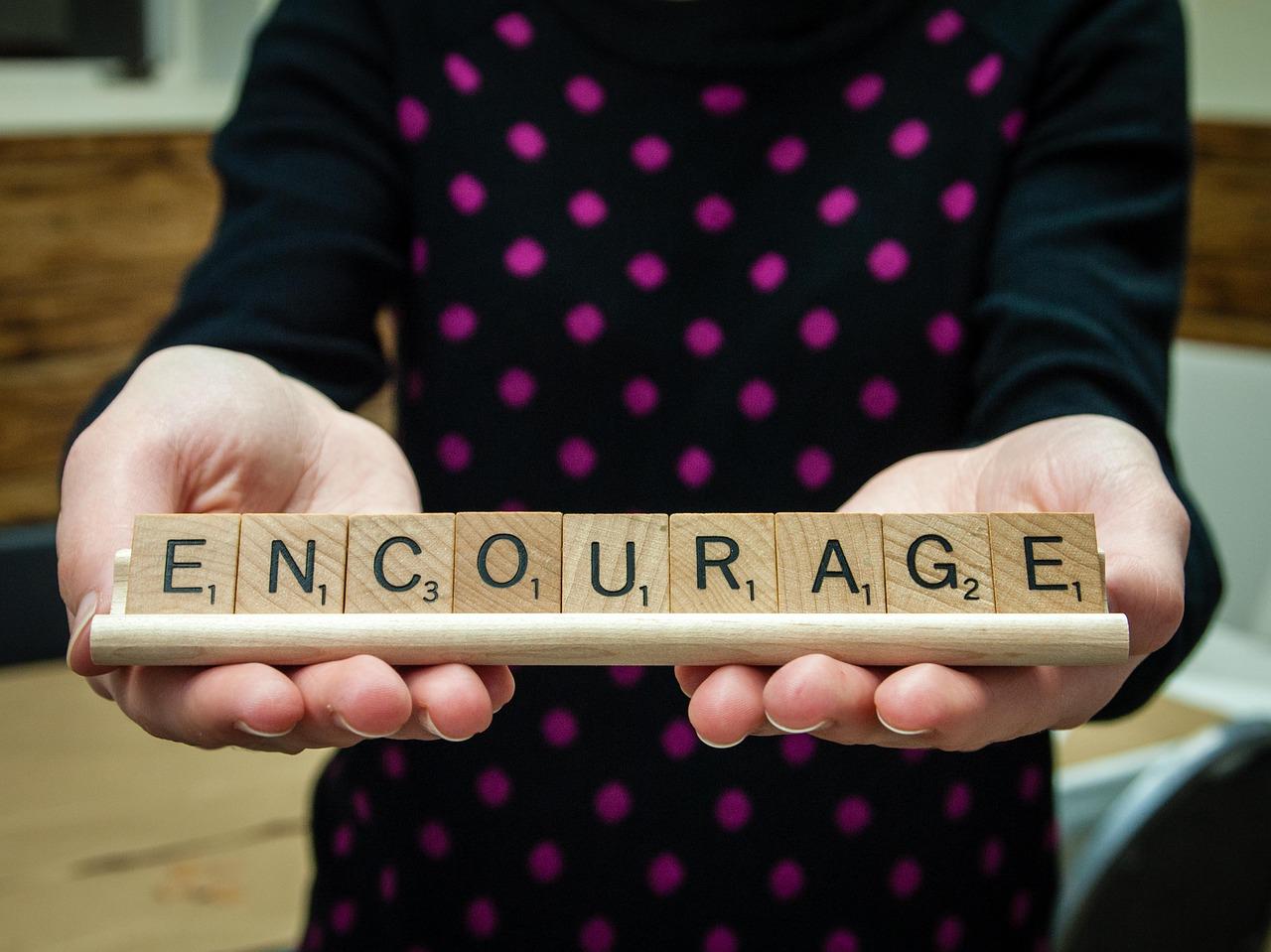6 Ways To Become A Better Leader With Authentic Leadership Characteristics
To lead you must be authentic and real for people to respect you. Discover if you have the following authentic leadership characteristics.
Hi Trish Davies here and today I want to expand on the topic of authenticity. I want to share some authentic leadership characteristics you must have so that your followers respect you.
Authentic leadership is not a new concept. In fact, it’s been around for thousands of years and is based on Aristotle’s idea about virtue. Authentic leaders exhibit certain character traits that are grounded in values and principles.
These leaders are trustworthy, fair, empathetic, and modest. They do what is right because it is the right thing to do. It’s not just about being nice or acting friendly; authentic leaders have integrity at the core of their being.
Authentic leadership creates a culture of transparency within an organization that allows everyone to trust their leaders and feel accountable for their actions.
As an individual who leads others in your work environment, you can use these seven tips to become a better leader. You can develop authentic leadership characteristics.
Authentic Leadership Characteristics – You Must Be Transparent

Transparency is being open, honest and genuine in everything you do. It means that you are being yourself, and that your words and actions are being consistent.
This is the foundation for trust, which is essential for any leader. You can’t expect your team members to trust you if you aren’t trustworthy yourself.
If you truly want to be an authentic leader with character traits that create an environment of trust, you must be transparent in every communication you have with your team members.
Be honest, open, and consistent in your words and actions to foster an environment of transparency and trust. Transparency with your team members is important for many reasons. It allows for a high level of efficiency, productivity, and optimal use of resources.
Transparency promotes creativity and innovation, which is crucial to ongoing organizational growth. It also allows for a high level of trust and confidence among employees and customers.
You Must Be Responsible
Being a responsible leader means taking accountability for your words and actions. It means demonstrating honesty and integrity in your interactions with others.
It also means that you take responsibility for your personal development and the growth of your team members. This is an essential characteristic of authentic leadership.
If you want to be a better leader, you must be willing to take responsibility for your words and actions. You must accept that you will make mistakes from time to time.
When you do, you must be willing to own up to them, apologize, and correct your course as soon as possible. Taking responsibility is crucial to creating a culture of trust.
It allows your team members to trust you because they know that you will be honest about your mistakes and take corrective action as soon as possible.
You Must Be A Good Communicator
Good communication skills are important for any leader. They allow for clear and effective communication between team members and leaders, as well as between leaders and their clients or customers.
Effective communication is crucial to organizational efficiency and productivity. Good communication is based on several key principles.
First, be aware of your communication habits.
- Are your words and tone consistent with your message?
- Are you using language that everyone can understand?
- Finally are you relying on technology to communicate rather than face to face or telephone communication?
Second, ask questions and let your team members ask questions. People want to feel that they have been heard and that you truly understand their situation or point of view.
Third, be careful about the way you listen. Are you fully engaged with the person you are talking to?
You Must Be A Role Model
It’s important for you to set the tone for your team members. Your actions and the way you conduct yourself are examples that others will follow.
To be a role model, you must set high standards for yourself and strive to meet those standards. You must be willing to take risks and make mistakes, but you must also be willing to accept responsibility for them when they happen.
Being a role model means that you are a good example for your team members to follow.
Examples such as consistently arriving early to work or demonstrating excellence in your specific field of expertise. These are ways in which you can set a positive example.
You Must Be Positive & Encouraging

Good leaders recognize the potential in others and communicate the need for excellence. They praise the efforts of their team members and encourage them to do better.
This is an essential characteristic of authentic leadership. Being positive is important because it allows you to see the best in your team members.
It helps you to see their strengths and capabilities, as opposed to their weaknesses and areas for improvement.
Positive feedback and encouragement promotes a high level of confidence in your team members and allows them to feel good about themselves.
Positive communication is important because it promotes openness and willingness to accept feedback and correct mistakes. It allows for an optimistic outcome even when things aren’t going well.
Authentic Leadership Characteristics – You Must Be Humble
True leaders recognize the importance of collaboration and teamwork. They know that no one person can do everything on their own. They rely on their team members and know how to inspire them to do their best work.
Humble leaders know that they don’t have all the answers. They seek out the advice, knowledge and skills of their team members. Humble leaders are not arrogant or boastful; they are modest and don’t seek the spotlight.
They understand that their team members are just as important as they are, and they strive to find ways to bring out the best in them. Humble leaders also recognize the importance of being a good follower.
They understand that sometimes their team members might have better ideas than they do. Or know more about a specific situation.
Humble leaders don’t feel that they have to have all the answers or be in control of every situation. They are willing to follow the advice of others, even if they have more experience or knowledge in a certain area.
Conclusion
These are 6ways to become a better leader with authentic leadership characteristics.
Being a good leader means setting an example and positively impacting the lives of others.
It means caring for your team members and providing them with a healthy work environment that fosters productivity, creativity and innovation.
Being a good leader requires a certain set of skills and abilities. It requires that you be able to motivate others, show that you care and are trustworthy.
For more information on authentic leadership characteristics check out my free training program called Build Your AU.
Register for the program here.
Helping you build your authenticity, authority and audience.
Trish Davies
![]()
Build Your AU


Recent Comments